Things You Need to Know When Traveling to Iran
With its rich history, stunning architecture, and warm hospitality, Iran is increasingly becoming a popular travel destination among adventurous globetrotters. However, traveling to Iran may be different from visiting other countries, so it is essential to familiarize yourself with various aspects of the country before embarking on your journey. Here are some key things you need to know when planning a trip to Iran.
Visa Requirements
Before traveling to Iran, visitors must obtain a tourist visa. The process typically involves applying through an Iranian embassy or consulate beforehand, although some nationalities can also receive a visa on arrival at certain airports. It is important to note that the visa application may require some time, so plan accordingly and complete the process well in advance.
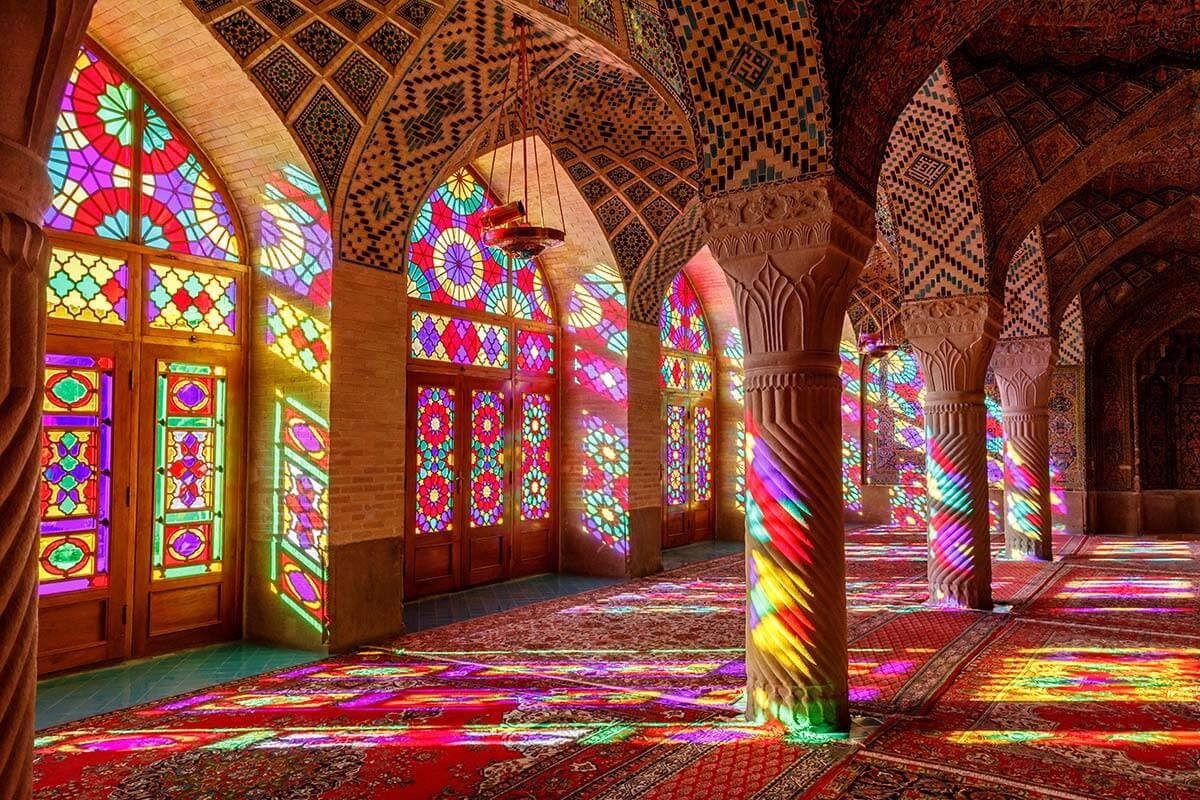
Dress Code and Etiquette
Iran is an Islamic republic with cultural values that prioritize modesty and respect. When in public, both men and women should dress conservatively. For women, this usually means covering their hair with a headscarf and wearing loose-fitting clothing that covers their arms and legs. Men should avoid wearing shorts or sleeveless shirts. Additionally, it is considered impolite to point the sole of your shoe or foot at someone, so be mindful of your gestures.
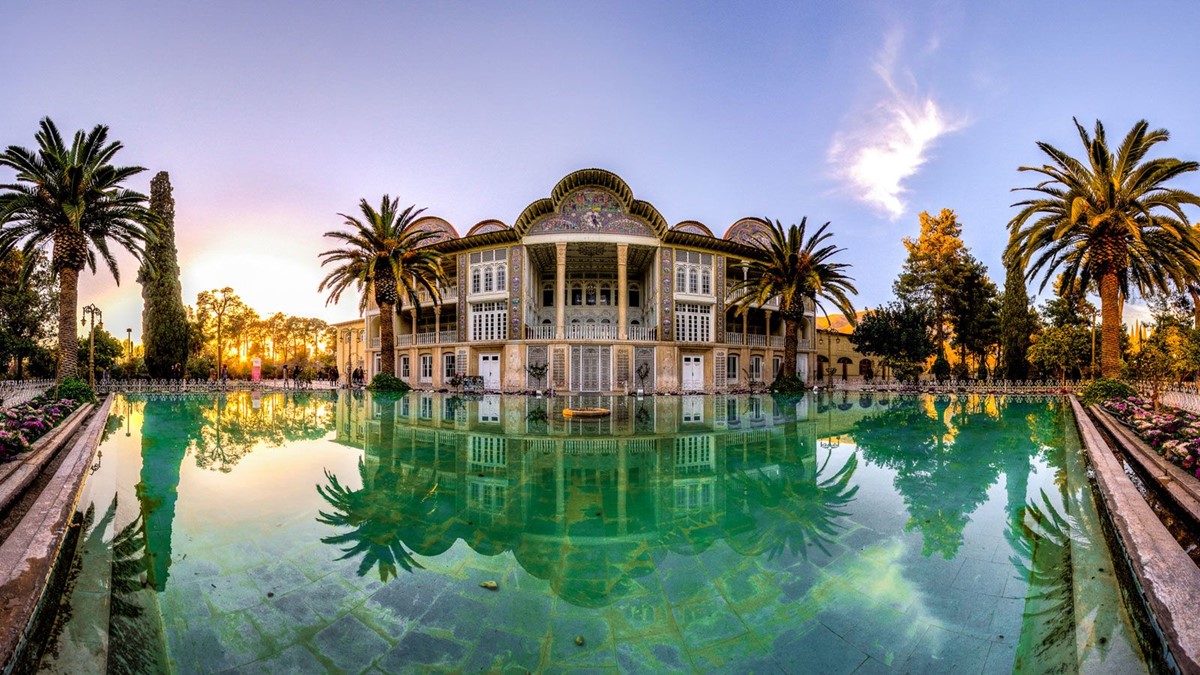
Currency and Banking
The national currency of Iran is the Iranian Rial (IRR), which can only be obtained within the country. However, due to international sanctions, it is challenging to exchange foreign currencies, particularly the US dollar or euro, in Iran. It is advisable to bring enough cash with you, either in US dollars or euros, and exchange it at official exchange offices or banks. Credit and debit cards issued by international banks are generally not accepted, so be prepared to rely on cash for your expenses.

Language and Communication
The official language of Iran is Persian, but English is becoming more prevalent, especially in major cities and tourist areas. However, it is still beneficial to learn a few basic Persian phrases, as locals appreciate the effort, and it can make your travel experience smoother. Additionally, consider downloading a translation app or carrying a phrasebook for assistance.
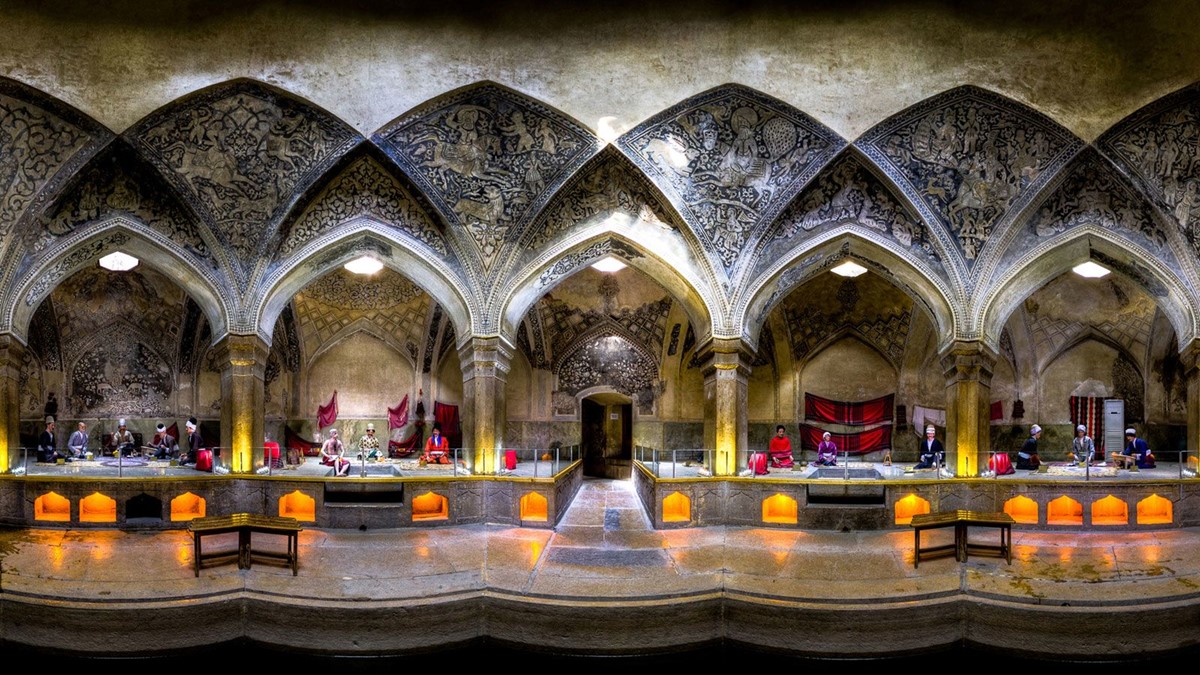
Cultural Sites and Religious Customs
Iran is home to numerous historical and cultural sites, many of which have strong religious significance. When visiting mosques, avoid visiting during prayer times or Fridays when they may be closed to non-Muslim visitors. It is customary to remove shoes before entering mosques, and women should cover their hair and wear loose clothing. Always be respectful of any religious customs or practices you may encounter.
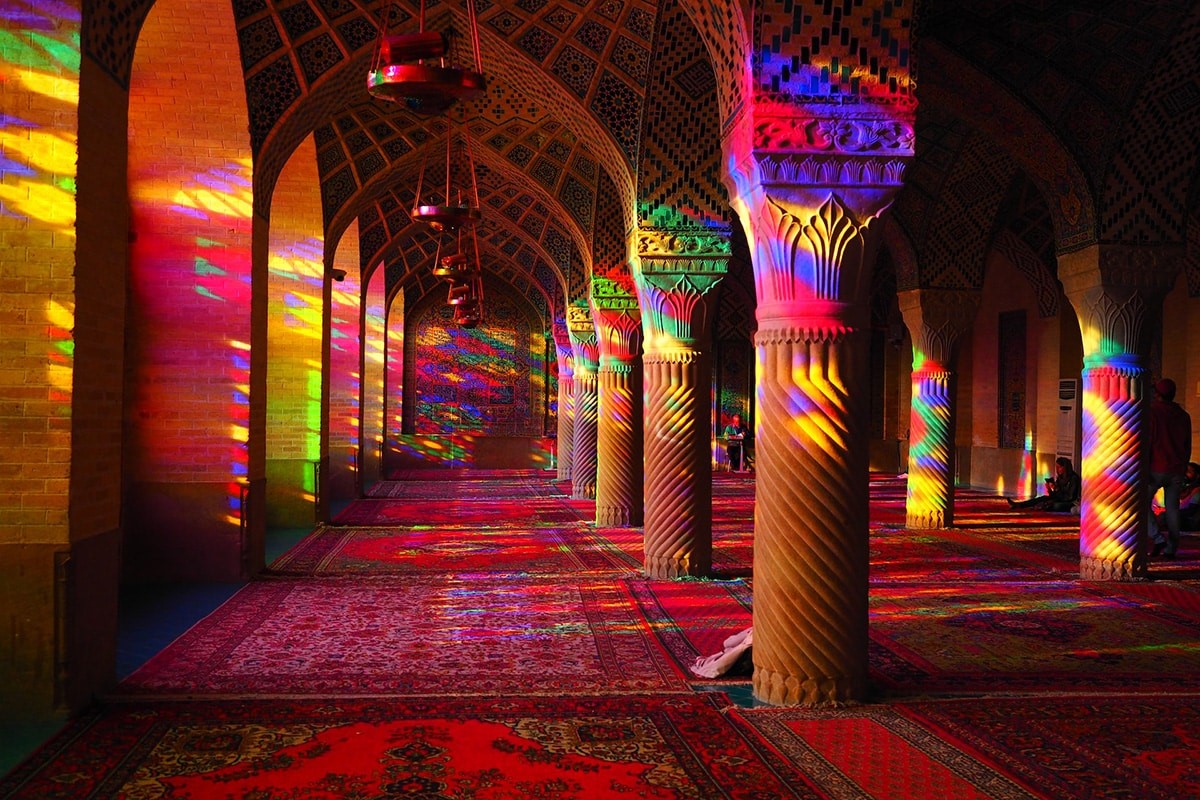
Safety and Security
While Iran is generally safe for travelers, it is advisable to stay informed of the current political climate and any travel advisories issued by your government. As a foreign visitor, you might attract curiosity and attention from locals, but it is important to maintain general safety precautions as you would anywhere else. Register with your embassy upon arrival, and carry a photocopy of your passport and visa details with you at all times.
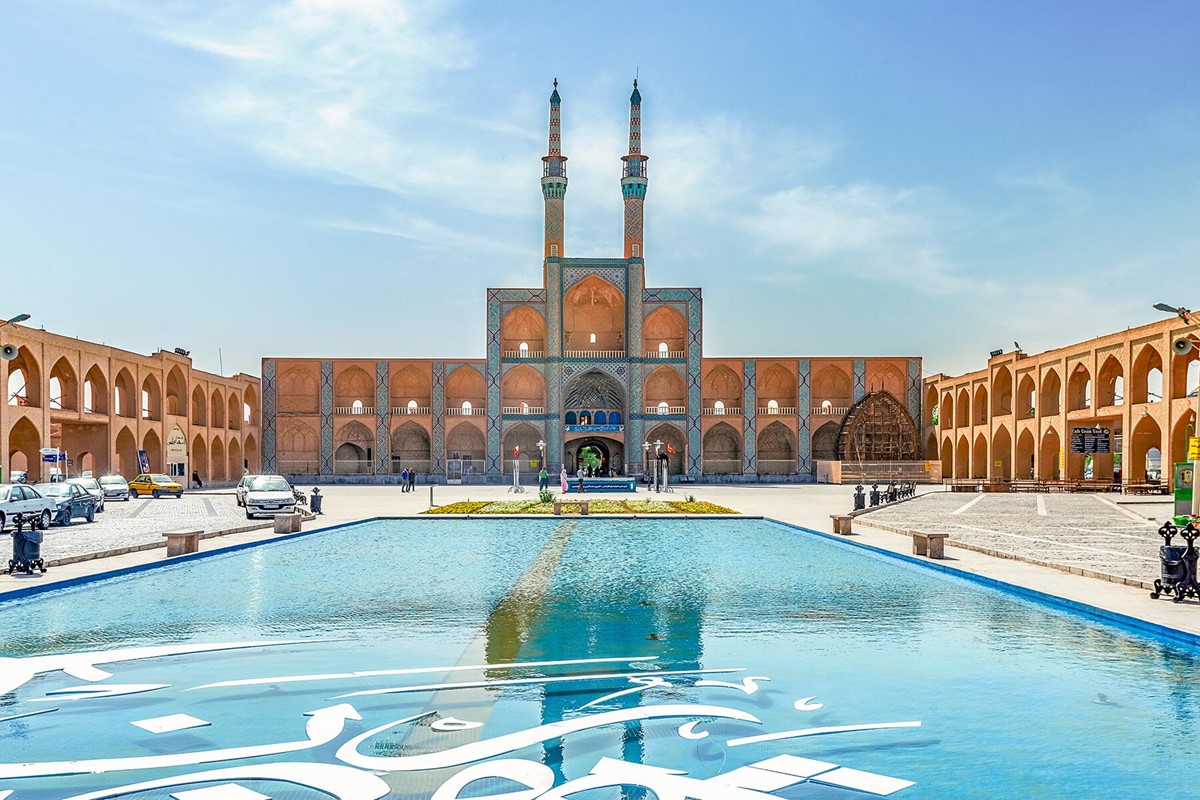
Use eSIM to access the internet anytime, anywhere
Using an eSIM for internet access when traveling offers a multitude of benefits, including convenience, cost savings, global connectivity, and flexibility. Its ease of activation, security features, and compatibility with modern devices make it a compelling choice for travelers seeking a seamless and efficient way to stay connected while exploring the world.
Read more: 10 Reasons Why you should use an eSIM when Traveling
If you are planning a trip to Iran, buy a Iran eSIM now.
Iran is a captivating country that offers a wealth of cultural experiences and natural beauty. By acquainting yourself with the country’s customs, etiquette, and visa requirements, you can better immerse yourself in the local culture and create lasting memories of your trip to Iran.

